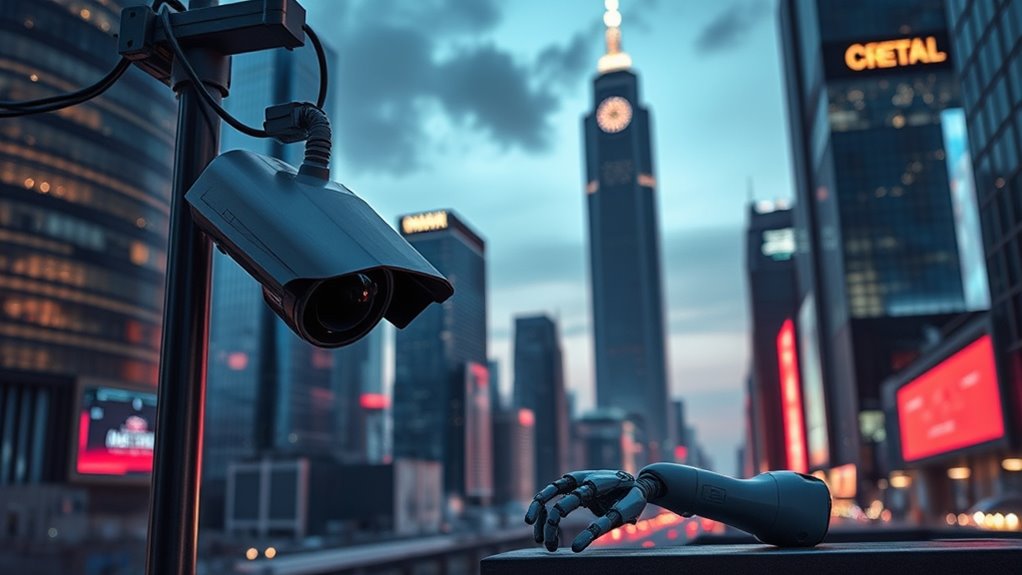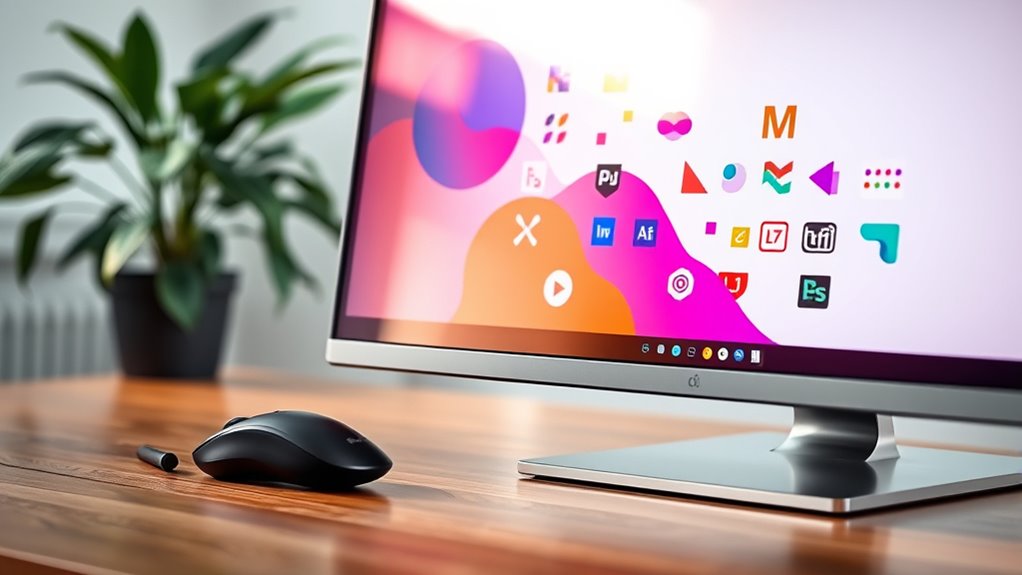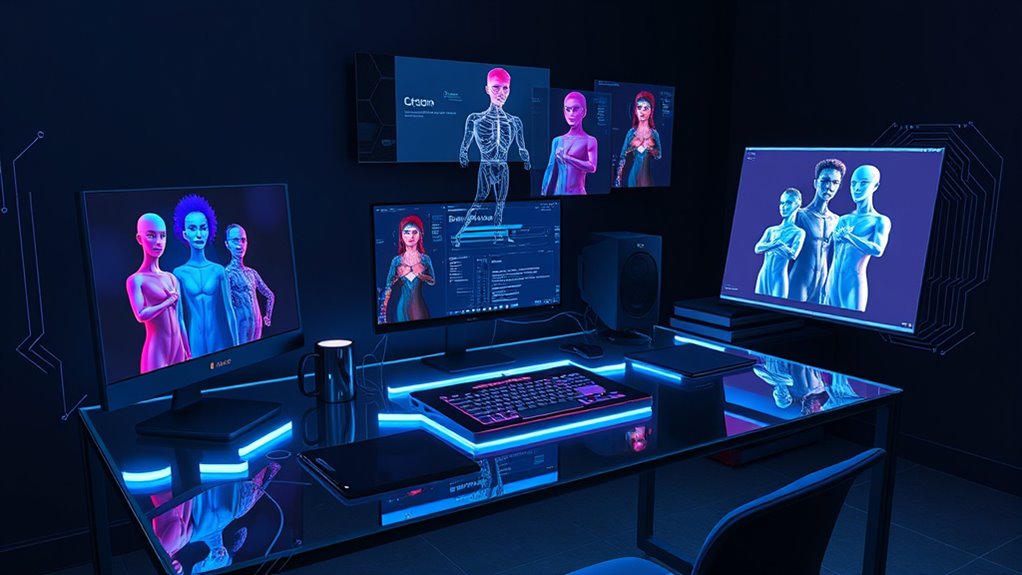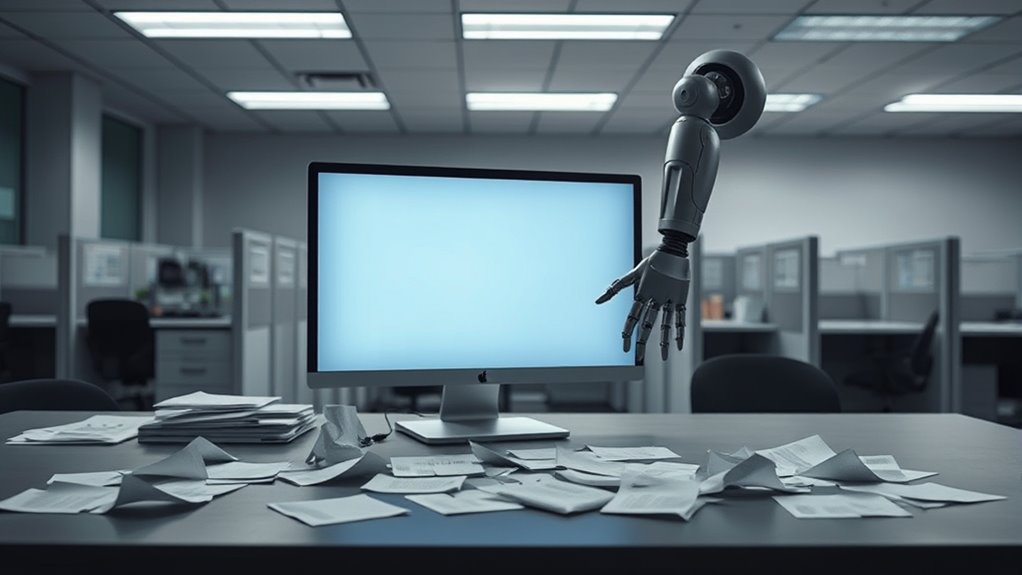Why is there so much debate about banning artificial intelligence, or AI? It’s a hot topic because AI is everywhere, from phone apps to big industries, and people can’t agree on whether it’s more helpful or harmful. Some want to ban it to protect jobs, privacy, and fairness, while others say a ban would stop progress and hurt the economy. This clash of ideas keeps the argument alive across the world.
AI bans mean stopping or limiting the use of these smart systems in places like schools, hospitals, or even security cameras. Different countries have different views on this. Some, like those in the European Union, prefer strict rules over total bans to keep AI safe and fair. They’re working on laws like the EU AI Act to make sure AI isn’t misused. Others worry that without global teamwork, rules won’t work since tech spreads fast.
On one side, banning AI could save jobs. Machines often replace workers in factories or offices, and a ban might slow that down. It could also stop unfairness in AI programs that sometimes treat people differently based on race or other traits. Plus, limiting AI might keep personal info safer by cutting down on data collection. There’re also big ethical worries, like AI watching people too much or predicting crimes in ways that aren’t fair. Additionally, regulation through laws like the EU AI Act can categorize AI systems based on risk levels to ensure safety and accountability (risk-based categorization).
On the other hand, banning AI might hurt a lot of things. It could slow down new ideas in healthcare or robotics, where AI helps save lives or build cool stuff. Economically, companies that depend on AI might lose money, and whole countries could fall behind. In schools, AI tools help kids learn better, and a ban could mess that up. Enforcing a ban isn’t easy either, since people might still use AI secretly or create illegal versions. Additionally, AI’s rapid growth in recent years, fueled by advances in computer storage and speed, has transformed industries and daily life (rapid growth). Moreover, there’s growing concern about AI being misused for creating deepfake technology and spreading misinformation, which poses significant risks to society.
The debate isn’t just about banning or not. It’s about finding a balance. Rules that focus on specific AI uses, like facial recognition, might work better than a total stop. With so many pros and cons, the world keeps wrestling with how to handle AI’s power.









